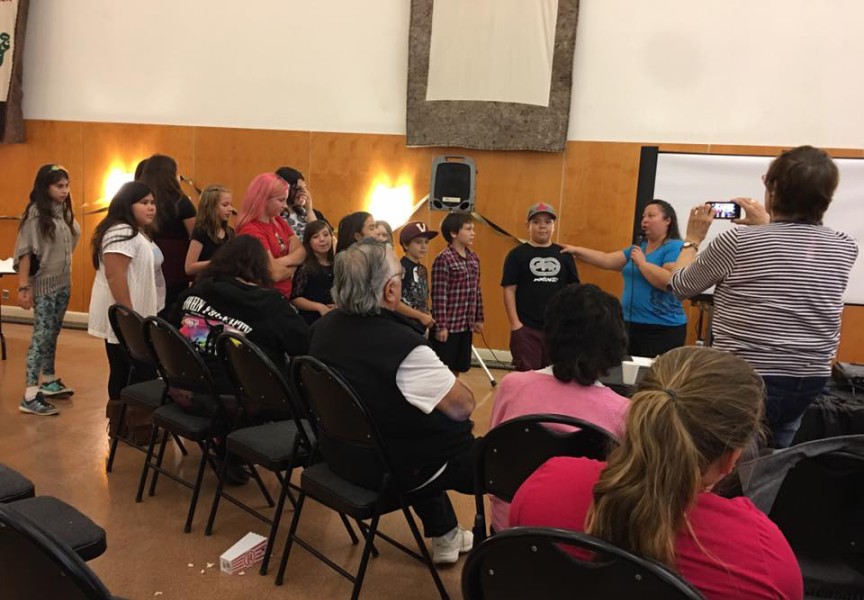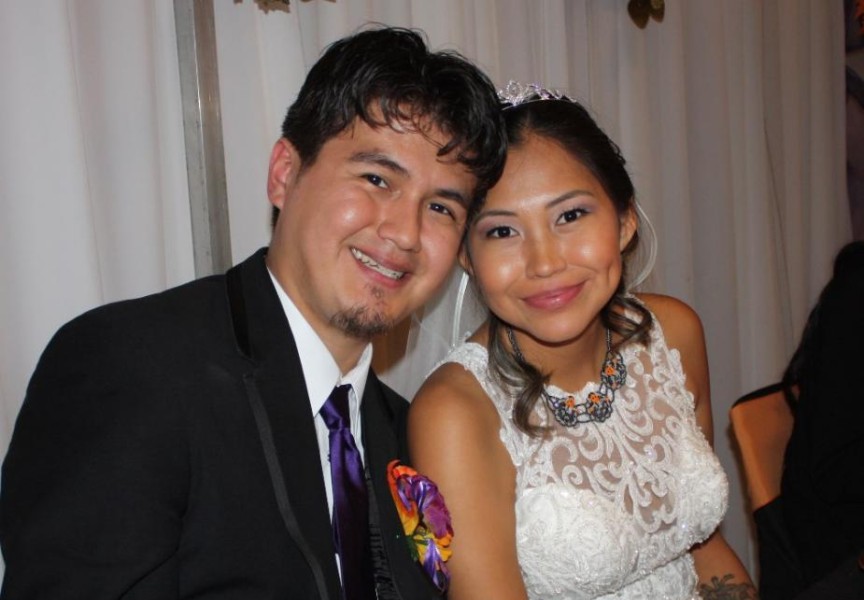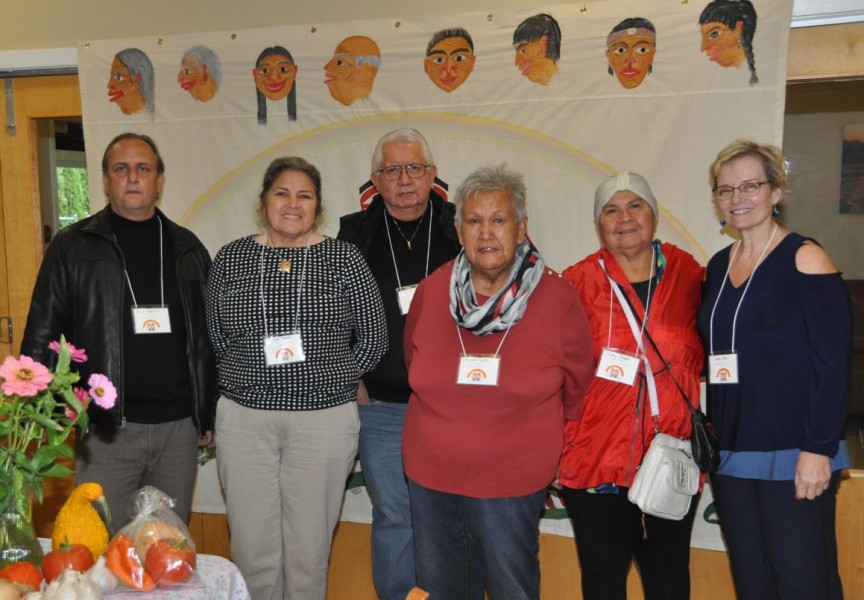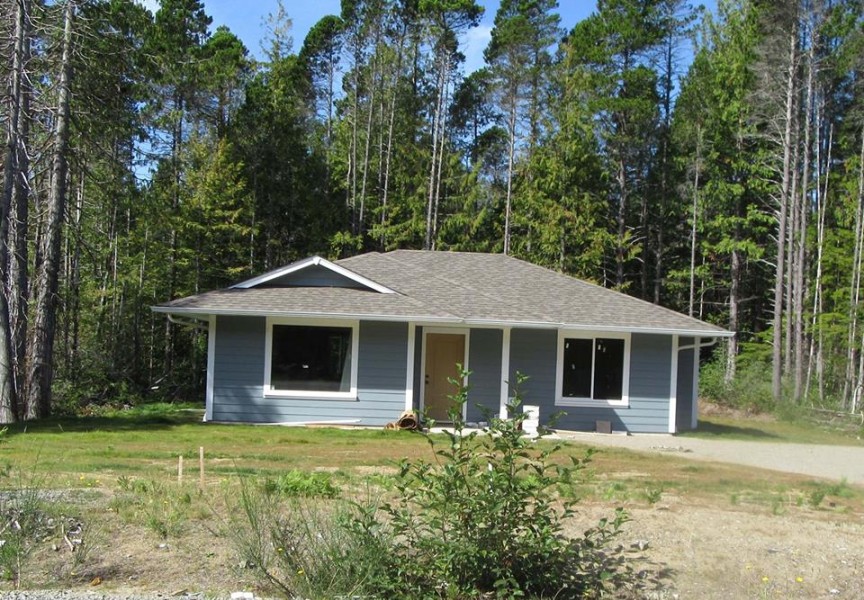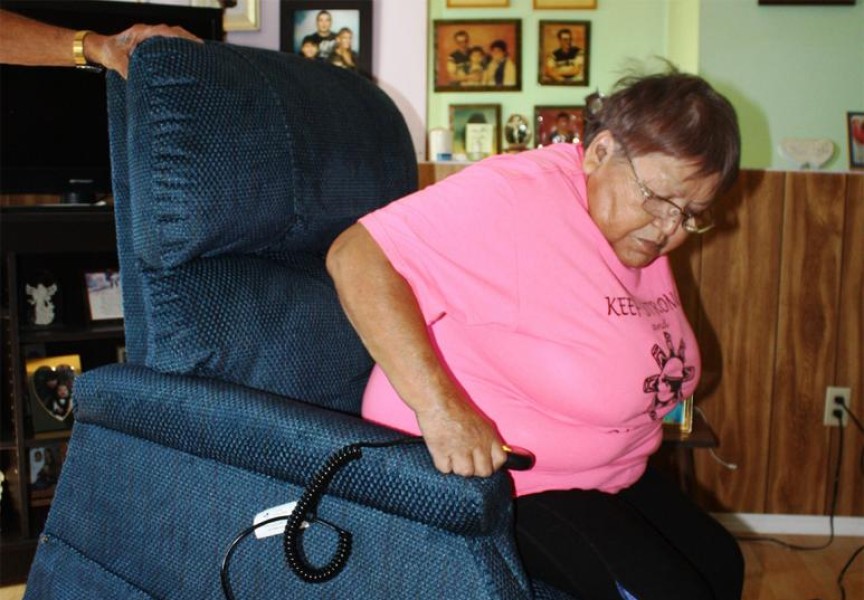For Sonia Somerville, it was hockey that led to her role as a nurse with the Nuu-chah-nulth Tribal Council Nursing Department.
Having moved from Gold River and living in Port Alberni, Somerville’s four children were in the Alberni Valley Minor Hockey program. It was through the children playing hockey that Somerville met Simon Read, director of Chachumathluk Quu’us Nuu-chah-nulth / Community & Human Services, and he introduced her to the nursing program at NTC.
“I joined the NTC Nursing Department in 2008,” Somerville said, “starting as a Community Health Nurse, and then moving into a Home Care role in November 2013.”
The focus of the home care program is to assist clients to live in their communities as independently as possible for as long as possible, preserving and encouraging family and community support. Somerville mainly works with elders and those with chronic health conditions. Her job is to work with the individual, the family and the community to develop a health plan that is comprehensive, accessible, effective and equitable. She also is able to plan for personal care workers and homemakers to work with clients, which again serves to assist the clients to remain at home.
“It's all about building relationships with community members,” she said.
“Our nursing philosophy is about partnership, being present with (clients) in their life journey, learning about their life, about where they’ve been and what they’ve experienced. Their health plan is based on where they see their life going and what they want.”
Somerville said the planning is very much a two-way dialogue; it’s a partnership and the client guides the course of action.
“They're aware of our nursing knowledge, but that’s not what’s important,” she said. “We’re not the expert and we’re not there to tell them how to live their life.”
Somerville provides home care in five communities in the Southern Region. “I travel to Anacala, Ditidaht (alternating Tuesdays and Wednesdays between Anacla and Ditidaht), Tseshaht, Hupacasath and Uchucklesaht.” And once every other month she travels to Kildonan. Somerville also provides Community Health Services to Huu-ay-aht.
“After graduating, I did two years at Camosun College in Victoria, then three years at the [Vancouver General Hospital] School of Nursing, where I graduated in 1990. Somerville, who was born and raised on Vancouver Island, says that nursing has given her the flexibility to keep working steadily as her husband’s career took the family to various locations.
As a certified RN, Somerville worked in the respiratory unit at VGH for a year and a half, before
transferring to Campbell River for a year. After Campbell River, the couple moved to Ucluelet, where Somerville worked with resident GP, Dr. Fast, for three years, both running the office and performing medical assistant duties.
“Then we moved to Gold River. I worked there for 10 years in the Diagnostic and Treatment Centre, which was an Emergency Department. Itwasn't a hospital, because we didn't have overnight patients. If they had to stay overnight, we transferred them to Campbell River. It was rural nursing/ because at times we didn't have a physician. We were the only First Responders in the community.” During this time Somerville had three sons and a daughter. “They all play hockey,” she said smiling.
In her role at NTC, Somerville says working with Nuu-chah-nulth elders within the philosophy of the Nuu-chah-nulth Nursing Framework, which upholds the beliefs that each life is a precious journey, each life connects, each life seeks fulfillment and each life completes its cycle, has added yet another dimension to her training and experience.
“We're not the experts – the people are,” she explained. “It's about ‘What has brought you to this point of your life?’ When you take the time to listen to a person about their journey in life, being
compassionate, and listening, it gives you a much deeper understanding. They have taught me more than I could ever teach them.”
Mainly, Somerville said, “it is about being respectful, and about providing care that is culturally safe and competent.”
“They're the teachers. I’m here to learn, and I feel honored to have the opportunities to do that,” she said. Part of that learning includes participating in as many cultural activities as possible.
“People welcome us to participate in whatever is going on in the community. So you feel like you're welcomed and you feel like you’re part of their life. That makes us feel so rich and fulfilled in what we do.”


